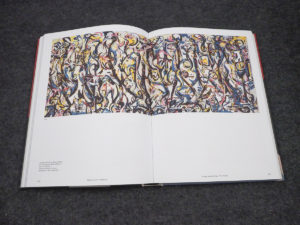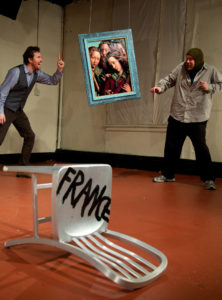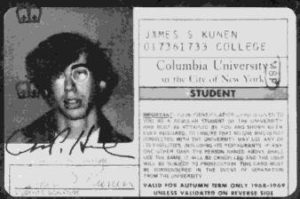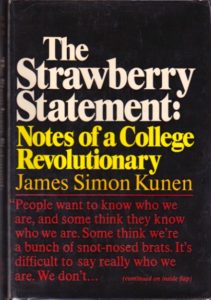 “Nevertheless, just as one of our young men had during these days in London found the air peopled with personal influences, the concussion of human atoms, so the other, though only asking to live without too many questions and work without too many disasters, to be glad and sorry in short on easy terms, had become aware of a certain social tightness, of the fact that life is crowded and passion is restless, accident frequent and community inevitable. Everybody with whom one had relations had other relations too, and even optimism was a mixture and peace an embroilment. The only chance was to let everything be embroiled but one’s temper and everything spoiled but one’s work.”
“Nevertheless, just as one of our young men had during these days in London found the air peopled with personal influences, the concussion of human atoms, so the other, though only asking to live without too many questions and work without too many disasters, to be glad and sorry in short on easy terms, had become aware of a certain social tightness, of the fact that life is crowded and passion is restless, accident frequent and community inevitable. Everybody with whom one had relations had other relations too, and even optimism was a mixture and peace an embroilment. The only chance was to let everything be embroiled but one’s temper and everything spoiled but one’s work.”
Henry James, The Tragic Muse (courtesy of Levi Stahl)

 “Peer Gynt” would doubtless be far better known in this country if it were even somewhat more manageable in size and scale. Alas, it is all but impossible to produce in anything remotely resembling its original form save in a festival setting. Hence Mr. Doyle’s scaled-down, unsparingly cut production, performed in the round in his own prose adaptation of the original Dano-Norwegian text….
“Peer Gynt” would doubtless be far better known in this country if it were even somewhat more manageable in size and scale. Alas, it is all but impossible to produce in anything remotely resembling its original form save in a festival setting. Hence Mr. Doyle’s scaled-down, unsparingly cut production, performed in the round in his own prose adaptation of the original Dano-Norwegian text….
 In today’s Wall Street Journal “Sightings” column I hold forth on the subject of books about art that are both thorough and opinionated. Here’s an excerpt.
In today’s Wall Street Journal “Sightings” column I hold forth on the subject of books about art that are both thorough and opinionated. Here’s an excerpt. CLOSING SOON IN HOUSTON:
CLOSING SOON IN HOUSTON: What put these questions in my mind was the fate of James Simon Kunen, a celebrity of my youth whose name popped into my mind the other day for no particular reason. In 1969 he wrote a book called
What put these questions in my mind was the fate of James Simon Kunen, a celebrity of my youth whose name popped into my mind the other day for no particular reason. In 1969 he wrote a book called  Nevertheless, The Strawberry Statement made its author famous—briefly. In 1970 it was turned into a
Nevertheless, The Strawberry Statement made its author famous—briefly. In 1970 it was turned into a  I’m tempted to read
I’m tempted to read